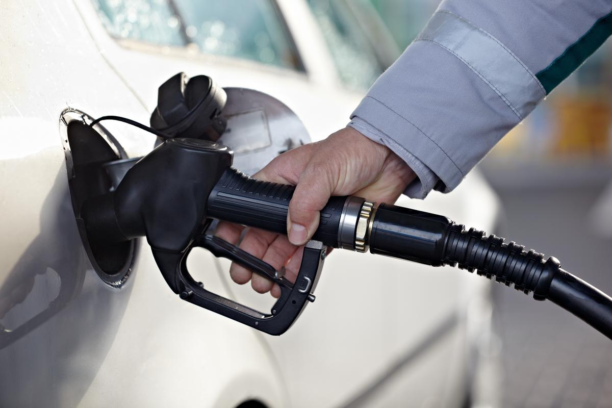Propane’s Future in Internal Combustion Engines

A recent Engine Technology Forum webinar delved into the potential of propane as an alternative fuel for internal combustion engines. Titled “How Propane is Evolving for the Future,” the session highlighted propane’s benefits, including its high octane rating and broad availability from over 3,500 distributors. Notably, propane boasts lower emissions than traditional fuels like gasoline or diesel, which can be efficiently managed using a standard three-way emissions catalyst.
Simplifying Exhaust Aftertreatment
Gavin Hale from the Propane Education & Research Council (PERC) emphasized that propane offers simpler aftertreatment solutions compared to diesel. This simplicity allows engine manufacturers to maintain much of their existing truck designs, which is crucial, as the industry explores various alternative energy sources that often require significant design changes.
The Current and Future Technology
The webinar discussed current diesel aftertreatment systems, such as those detailed in a report by the California Air Resources Board, which include complex components like diesel oxidation catalysts and particulate filters. In contrast, propane engines might only need a dual catalytic converter system moving forward, significantly simplifying the exhaust aftertreatment landscape.
Direct Injection Innovations
The discussion also covered the advancements in propane direct injection technology, spearheaded by partnerships between companies like Katech Engineering and Stanadyne. These collaborations have explored the integration of propane in modern direct injection systems, which are prevalent in today’s light-duty vehicles.
Overcoming Challenges
Eric Suits of Katech highlighted the natural benefits of propane, such as efficiency and low emissions, which make it an attractive option when combined with direct injection technology. However, the challenge of vapor lock – where propane shifts from liquid to gas – remains. Solutions are being developed to maintain propane in its liquid form until combustion, ensuring efficient engine operation.
Test Results and Future Prospects
Stanadyne and Katech have conducted extensive testing, including durability tests on engines using propane, demonstrating promising results for longevity and efficiency. These tests are crucial as they move towards more stringent emission regulations in 2027, where propane’s attributes could play a significant role.
This innovative technology not only promises to keep internal combustion engines relevant in a shifting automotive landscape but also positions propane as a sustainable alternative that could stimulate further growth in the energy sector. As these technologies develop, propane businesses could see increased demand from industries seeking environmentally friendly and efficient fuel solutions, enhancing both market opportunities and sustainability efforts.















